15th Orffa Symposium: poultry problems
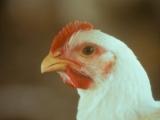
At Thursday 11th of June Orffa Additives organised for the 15th time its annual animal nutrition symposium in Etten-Leur, The Netherlands. Possible solutions to footpad lesions and chronic entertitis in poultry were discussed.
Opening of the day was done by CEO of Orffa International Holding B.V., Dr. Ir. Eddy Ketels: “Orffa values technical and scientific support to its customers. Each year a substantial part of the budget is spent to find new applications or to give evidence and fundamental explanations to the mode of action of our products. With a staff which consists of more than 50% of people with Bachelor or Master Degree, Orffa is capable of matching research results to the needs of its customers. Our product managers in the field have a high level of experience and are backed up by highly scientific central support. Orffa has activities in all major feed producing countries in the EU. It is however the ambition of Orffa not only to grow in the EU market, but also to be a highly valued, technical partner for customers beyond.”
Nutritional approach footpad lesions
Dr. Teun Veldkamp, Senior Poultry Researcher at Animal Sciences Group of Wageningen University focused on feed measurements to overcome problems with implementation of animal welfare issues by legislation. Focus of his speech was foot pad lesions and ammonia levels in the stables. Special attention was given to low crude protein and to feed additives which allow reduction of ammonia or which could improve litter quality and footpad lesions. The inclusion of clinoptilolites in particular seems to be able to improve both.
Calsporin in poultry feed
An update on new insights and trials regarding the sporeforming probiotic Calsporin (Bacillus subtilis) was given by Arno van der Aa, technical manager at Orffa. New fundamental research was shown explaining mode of action and effects on microfloral balance. Afterwards an update on all trials performed within EU in last years and across the world was shown. In this overview consistent positive results on growth and feed conversion in more than 25 trials was presented. Most of this data have been published or are subject to submission.
Beta glucans against enteritis
The day was ended with a very interesting speech of Laura Star, poultry researcher at Schothorst Feed Research. She focussed on the use of beta-1,3/1,6 glucans (Macrogard) in relation to chronic enteritis in laying hens. Chronic Enteritis is a fairly new and hard to tackle disease, affecting approximately 10% of Dutch laying hen populations and can add up to costs of €2/hen. In a governmental supported project several feed ingredients and additives with potential effects were tested, of which only aspirin could give satisfying results. However, aspirin is not suitable for practical applications due to withdrawal period. Dietary inclusion of beta-1,3/1,6 glucans (MacroGard) gave similar results as compared to the aspirin treatment and therefore currently seems a suitable practical application in dealing with chronic enteritis.
Related website:
Orffa
Join 31,000+ subscribers
Subscribe to our newsletter to stay updated about all the need-to-know content in the poultry sector, three times a week. Beheer
Beheer

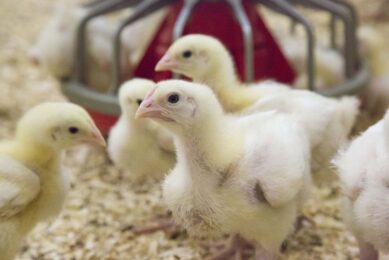
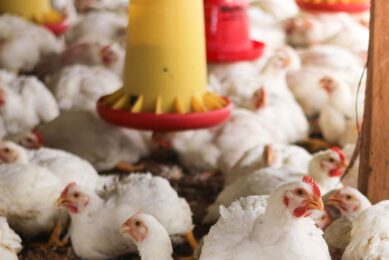
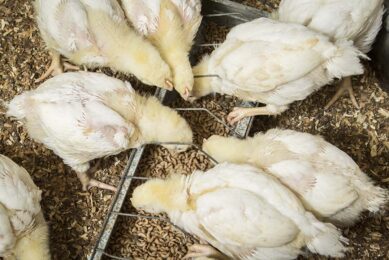
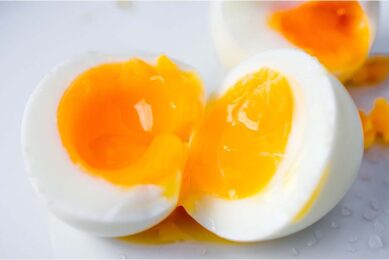



 WP Admin
WP Admin  Bewerk bericht
Bewerk bericht